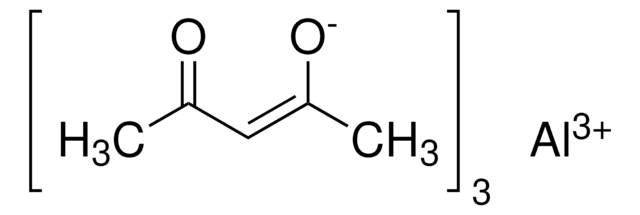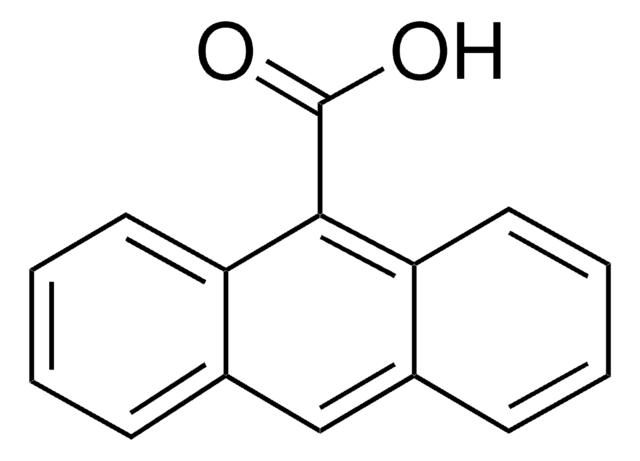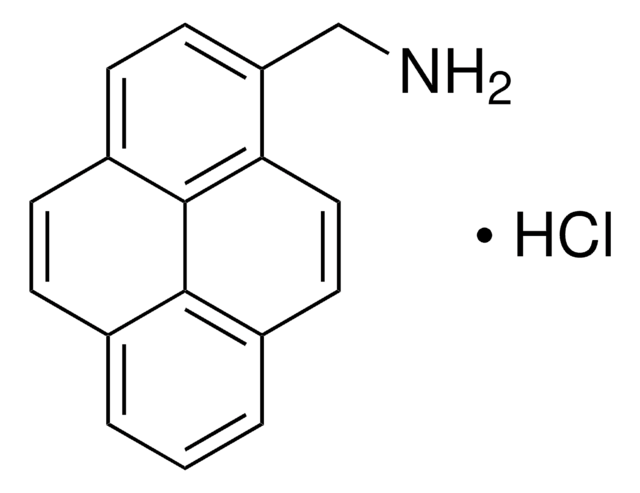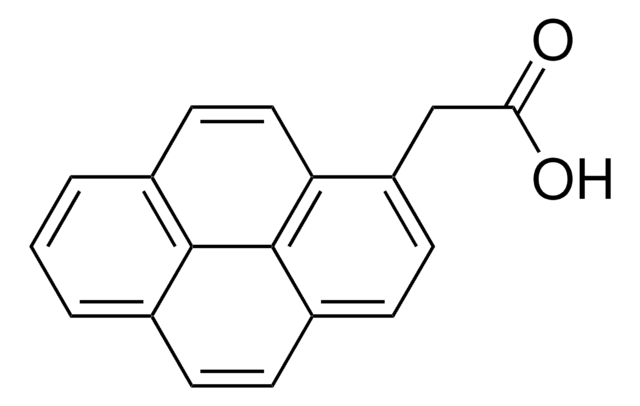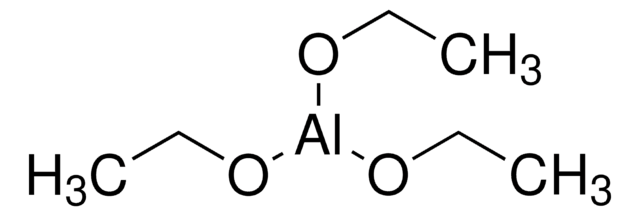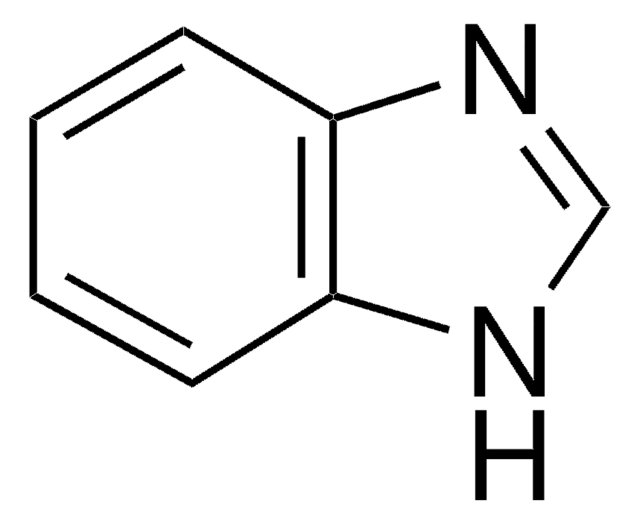294853
Aluminum acetate, dibasic
contains boric acid as stabilizer
Synonym(s):
Dihydroxyaluminum acetate
About This Item
Recommended Products
form
powder
Quality Level
contains
boric acid as stabilizer
composition
Al, 16-19% EDTA titration
B, 2.5% EDTA titration
reaction suitability
core: aluminum
SMILES string
CC(=O)O[Al](O)O
InChI
1S/C2H4O2.Al.2H2O/c1-2(3)4;;;/h1H3,(H,3,4);;2*1H2/q;+3;;/p-3
InChI key
KLMDYFUUSKOJAX-UHFFFAOYSA-K
Looking for similar products? Visit Product Comparison Guide
Related Categories
General description
Application
- As an aluminum dopant to reduce the cobalt content in lithium-rich layered oxide cathode materials of lithium-ion batteries. These materials exhibit excellent capacity retention and voltage retention, enhancing electrochemical performance.
- To prepare doped zinc oxide thin films by atmospheric pressure plasma (APP) deposition process.
- As a cross-linker for temperature-controlled gel-casting and joining of ceramics. These aluminum borate nanofibrous porous ceramics are excellent candidates for high-temperature insulation applications.
Signal Word
Danger
Hazard Statements
Precautionary Statements
Hazard Classifications
Repr. 1B
Storage Class Code
6.1C - Combustible acute toxic Cat.3 / toxic compounds or compounds which causing chronic effects
WGK
WGK 3
Regulatory Listings
Regulatory Listings are mainly provided for chemical products. Only limited information can be provided here for non-chemical products. No entry means none of the components are listed. It is the user’s obligation to ensure the safe and legal use of the product.
PRTR
Class I Designated Chemical Substances
ISHL Indicated Name
Substances Subject to be Indicated Names
ISHL Notified Names
Substances Subject to be Notified Names
JAN Code
294853-VAR:
294853-1KG:4548173347615
294853-BULK:
294853-5G:
294853-250G:4548173347608
Choose from one of the most recent versions:
Already Own This Product?
Find documentation for the products that you have recently purchased in the Document Library.
Customers Also Viewed
Articles
The diversity of applications and nanostructured materials accessible using ultrasonic spray methods are highlighted in this article.
Ultrasonic spray pyrolysis produces scalable nanomaterials like metal oxides and quantum dots for diverse applications.
Our team of scientists has experience in all areas of research including Life Science, Material Science, Chemical Synthesis, Chromatography, Analytical and many others.
Contact Technical Service